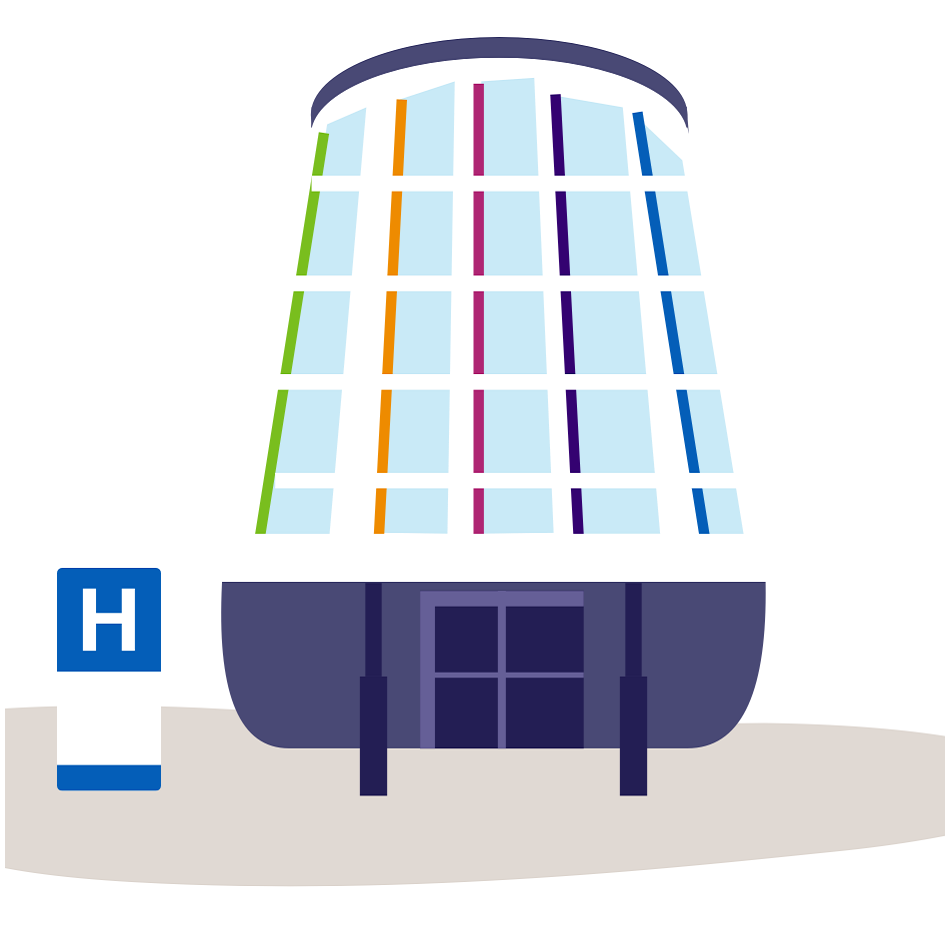Coming into RHC Glasgow




We are one of the leading paediatric care centres in the UK, and the largest in Scotland. We provide family centred care to newborns, infants, children and young people both in hospital and in the community.
https://www.glasgowchildrenshospitalcharity.org/